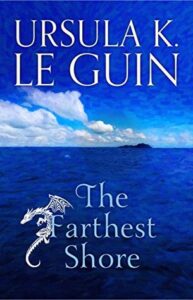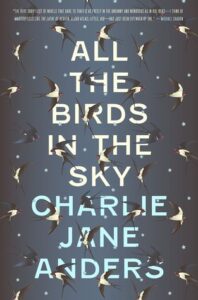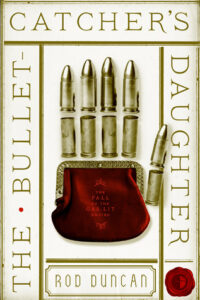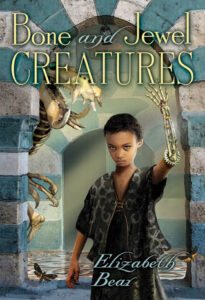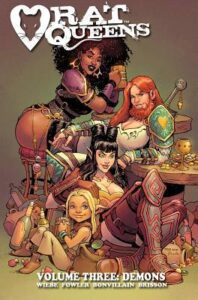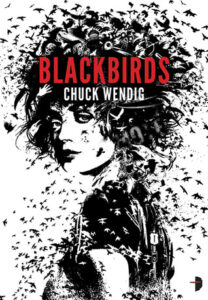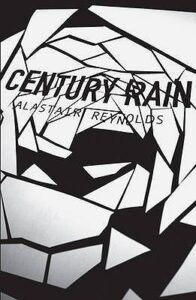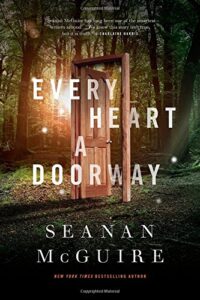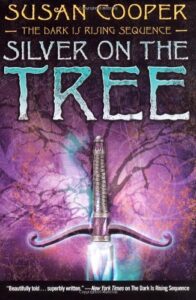 Silver on the Tree, Susan Cooper
Silver on the Tree, Susan Cooper
Finally finished my yearly(ish) reread with this book. The conclusion to the sequence is full of its own magic and beauty, but because of the ending, it just can’t be my favourite. (Perhaps in a similar way that The Farthest Shore doesn’t work for me; I don’t like it when the magic comes to an end!)
The whole sequence in the Lost Land is gorgeous, and probably my favourite thing about this book. Then, of course, there’s the interactions between the group – such disparate kids, and brought together for a quest beyond their understanding. As always, Cooper’s handling of the children and the way they react to each other, particularly the Drews, feels spot on and realistic. Of course they’re going to bicker. And of course the Welsh/English divide feeds into it, setting Bran apart. The whole sequence has had history intruding on the present and the present intruding into history; it’s appropriate that that fraught history also touches the story.
Reading it this time, I wasn’t sure about the pacing. It might just be that I want more, more adventures, more of the Six together, but everyone spent so much time in ones or twos rather than together. There’s so much hinted at – Bran’s relationship to Herne the hunter, for just one – that I would love to explore. That’s why I come back to the book, I suppose, and yet…
Rating: 4/5

